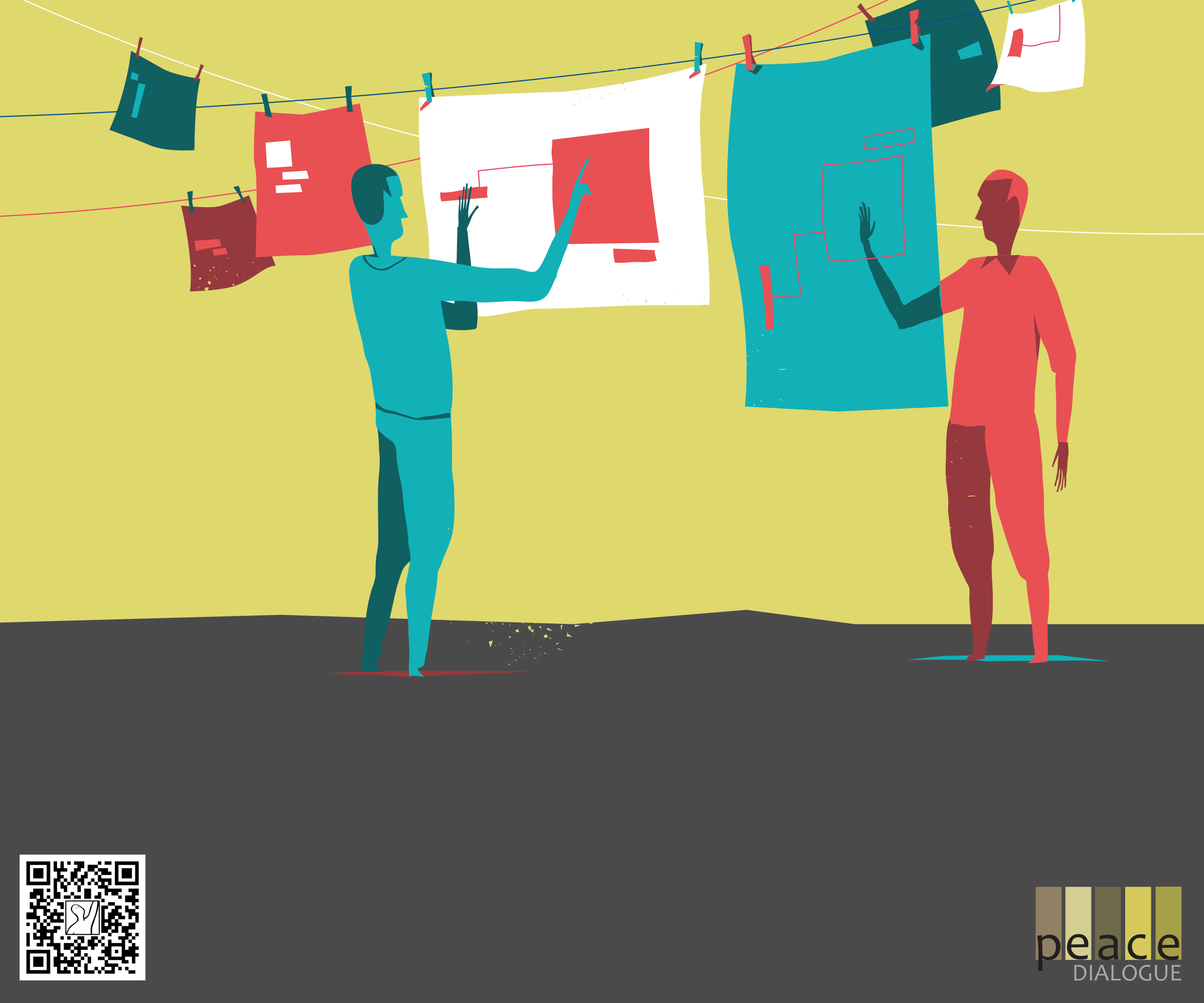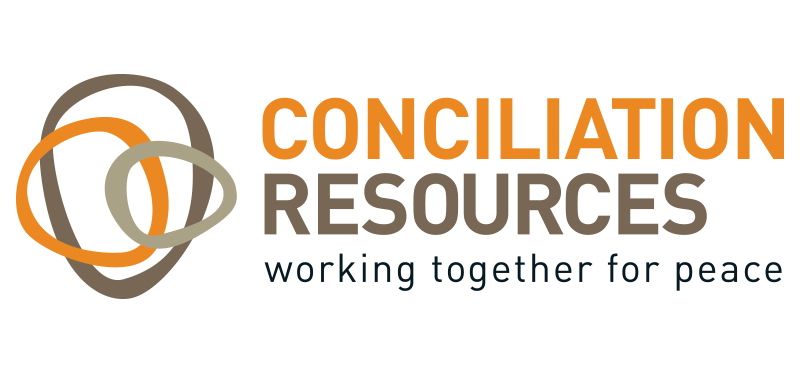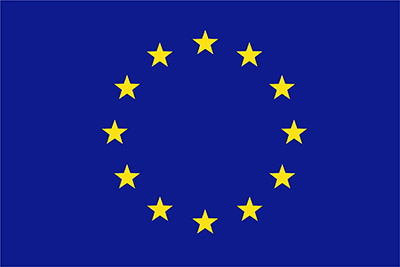
© 2023. IMAGE BY VECTORATE ON FREEPIK
On 26-27 January 2023, Peace Dialogue NGO held a meeting entitled Joint Analysis of Contemporary Narratives and Dominant Discourses on the Armenian-Azerbaijani Conflict. The event took place in Tbilisi, Georgia and brought together representatives of Armenian and Azerbaijani civil society organisations, expert communities, and peace practitioners. The event was aimed at implementing joint analysis of Armenian-Azerbaijani conflict-related political dynamics through the lens of transforming narratives and discourses prevailing in conflict affected societies; and looking into likely trajectories, possible risks of conflict escalation and the means of their prevention through the perspectives of invited actors. The discussions were facilitated by Edgar Khachatryan from Peace Dialogue NGO, Laurence Broers, and Jenny Tobias from London-based Conciliation Resources.
Based on the goals and objectives set by the organisers, the event consisted of two main components:
- Chronological reconstruction of Armenian and Azerbaijani narratives and dominant discourses after signing the 9 November 2020 trilateral announcement over the Nagorno Karabakh conflict and their systematisation and comparative analysis, and
- Discussion on likely scenarios and possible risks of escalation based on the dominant discourses prevailing in conflict affected societies.
During the two-day discussions participants identified two of the most salient discourses in their societies regarding the possible trajectories of development of the conflict dynamics. In Azerbaijan it is:
“Armenia is playing for time to maintain the status-quo and gain time, Armenia’s messages are inconsistent and cannot be trusted, which makes it legitimate to solve the remaining issues with use of force.”
A prevailing discourse in Armenia is that:
“Azerbaijan has military dominance and any concessions by Armenia will be met by more demands, in an escalating dynamic eventually calling into question Armenia’s territorial integrity and even statehood.”
Furthermore, the attendees tried to develop possible best- and worst- case scenarios in the conflict zone, touching on issues concerning the residents of the conflict zone:
- The blockade of the Lachin corridor and the rights of the Armenian population of Nagorno-Karabakh;
- What do the Azerbaijani government mean by the term “Zangezur Corridor” and what are the prospects for the development of relations between the conflicting parties if such a “corridor” is provided or rejected by Armenia?
- What does the role international actors such as Russia or Turkey play in the conflict dynamics, what are the factors contributing to new escalations, how does Russia’s invasion in Ukraine affects the dynamics in the South Caucasus region and what role the US and EU can play for reducing risks of new escalation?
It is worth mentioning that right before this event, Peace Dialogue organised a similar format exclusively for the civil society actors and experts from Armenia and Nagorno-Karabakh. The aforementioned event took place from 20-21 January in Yerevan. After both events participants developed proposals for actions for civil society actors from Armenia and Azerbaijan. They underlined the crucial necessity of keeping communication channels for civil society actors across the conflict line open and emphasised the importance of activities aimed at rebuilding trust and confidence between societies divided by the conflict.
The activity was implemented as a framework of the Open Narratives project of Peace Dialogue NGO. The event was organised in partnership with the Conciliation Resources NGO through the support of the European Union.





